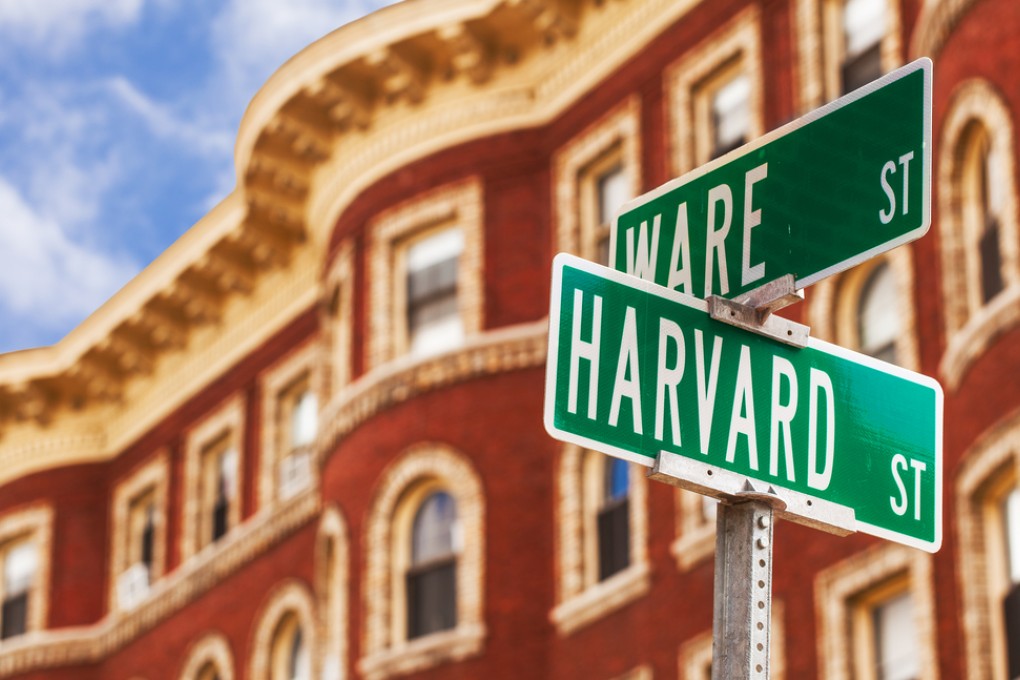How do you get into Harvard, Yale, UCLA, and other top US universities?
Grades matter, of course, but diversity and being the right fit is as, if not more, important

The US is home to some of the best, and best known, universities in the world. Wherever you live, you're likely to have heard of Harvard, Yale, MIT, Stanford and Colombia. It also has an admissions process which is almost totally unique, and if you're applying from outside the country, can be confusing.
“When you look at the US, most of their top universities are private institutions,” explains the senior admissions consulting partner of The Edge Learning Center – one of Hong Kong’s top university consulting companies. “The admission process is a lot less transparent and much more subjective.”
Hong Kong-born Ip got her undergraduate degree at the Massachusetts Institute of Technology (MIT), and spent eight years serving in the US army before getting her graduate degree at Harvard. It’s safe to say she knows a thing or two about the US education system.
Ip explains that the top universities in Britain, Australia, and Hong Kong, for example, are all public schools with government funding. Because of this, getting into the universities largely depends on meeting the schools’ minimum academic requirements. “With private schools, it’s more similar to a private company. It comes down to what the school wants in a person,” Ip says. “Of course, grades are still very important, but they care a lot more about what you’re like as a person.”
She says that things like your personal statement, letters of recommendation from teachers and counsellors, extracurricular activities, and even racial diversity quotas can play a huge role in whether you get into a top school.
“The top private schools want to seem diverse,” Ip explains. “If you’re a Chinese student, getting into a top engineering school will be a lot more competitive, whereas programmes like political science may have no Asian students.” If you want to increase your chances of getting into an elite school, then Ip suggests studying a subject that’s not very popular.
Ip points out that the United States still has a lot of elite public schools, including the University of California (UC) schools (nine establishments including UC Berkley, and University of California, Los Angeles), and the University of North Carolina, Chapel Hill.
